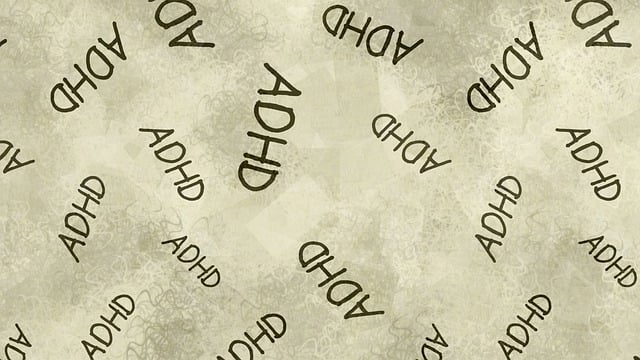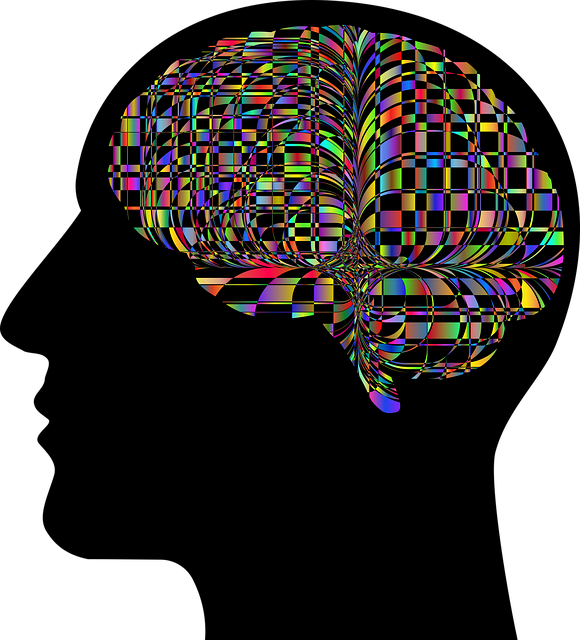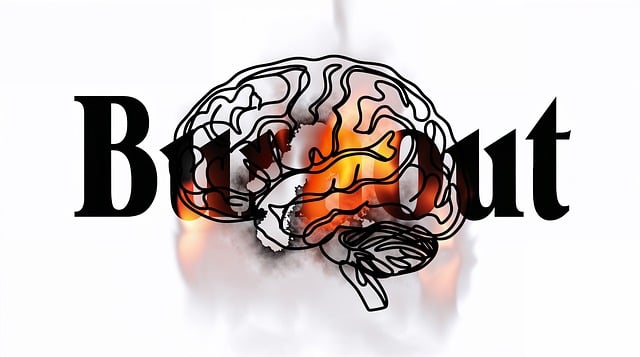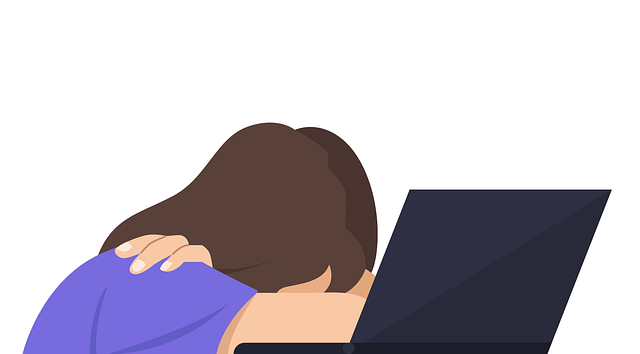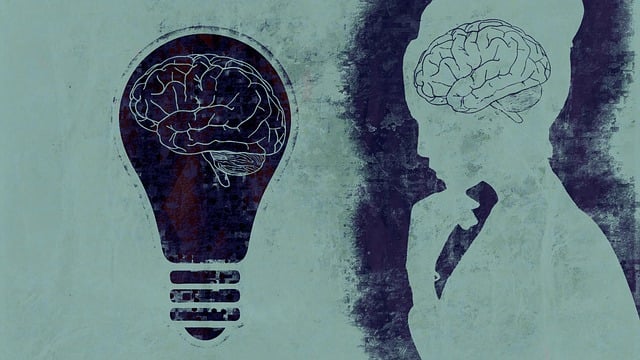Coping skills are vital for elderly individuals to manage stress, emotions, and unique challenges like retirement, health issues, and social isolation. Effective strategies, including self-care practices, cognitive reframing, gratitude, and therapy tailored to elders' needs, enhance mental well-being, reduce depression and anxiety, promote positive thinking, and foster healthier relationships. These skills are crucial for preventing postpartum depression in seniors, who may experience persistent sadness, anxiety, and isolation after significant life changes. Incorporating evidence-based practices, cultural sensitivity, and personalized strategies like journaling can significantly improve their mental health journey, empowering them to navigate aging with grace and resilience.
Coping skills are essential tools for maintaining mental well-being, especially among the elderly. As our population ages, understanding and addressing coping mechanisms becomes increasingly vital. This article explores the significance of coping skills in elderly mental health, focusing on a growing concern: postpartum depression in the elderly. We delve into strategies for identification, therapeutic approaches, and practical tips to enhance coping abilities, offering valuable insights into improving quality of life for this demographic, particularly those at risk of or experiencing postpartum depression.
- Understanding Coping Skills and Their Significance in Elderly Mental Health
- The Prevalence of Postpartum Depression in the Elderly Population
- Strategies for Identifying Effective Coping Mechanisms
- Therapeutic Approaches to Enhance Coping Skills in Elders
- Practical Tips for Integrating Coping Techniques into Daily Life
Understanding Coping Skills and Their Significance in Elderly Mental Health

Coping skills are a set of strategies individuals use to manage stress, emotions, and challenges. For the elderly, developing robust coping mechanisms is vital for maintaining mental well-being, especially as they often face unique stressors such as retirement, health issues, and social isolation. Understanding and cultivating these skills can significantly enhance their quality of life and overall happiness.
The significance of coping skills in elderly mental health cannot be overstated. Effective coping strategies help elders navigate the complexities of aging with grace and resilience. For instance, self-care practices like regular exercise, mindfulness, and engaging hobbies can alleviate symptoms of depression and anxiety. Additionally, conflict resolution techniques teach them to handle interpersonal challenges, fostering healthier relationships. Promoting positive thinking through cognitive reframing and gratitude practices can also safeguard against postpartum depression, a condition not uncommon in this demographic. These skills empower the elderly to take control of their emotional well-being, ensuring they age with dignity and resilience.
The Prevalence of Postpartum Depression in the Elderly Population

Postpartum depression isn’t just a concern for new mothers; it can also affect elderly individuals, often overlooked in discussions around mental health. With an aging population, understanding and addressing this issue is crucial. The symptoms may manifest differently in seniors compared to younger parents, including feelings of sadness, anxiety, and isolation that persist for weeks or months after the birth of a grandchild or great-grandchild. This hidden struggle can be exacerbated by physical health issues, social isolation, and the loss of independence often experienced in later life.
The development of inner strength through therapy tailored to elders’ needs is vital. Specialized treatment plans can incorporate evidence-based practices alongside culturally sensitive approaches to address postpartum depression effectively. Mental wellness journaling exercises and emotional well-being promotion techniques have proven beneficial for this demographic, offering coping strategies that enhance resilience and overall mental health.
Strategies for Identifying Effective Coping Mechanisms

Identifying effective coping mechanisms is a crucial step in managing stress and enhancing overall well-being, particularly for elders dealing with postpartum depression or seeking therapy for their mental health. One strategy involves reflecting on personal experiences and preferences. Individuals can explore what activities or behaviors have historically provided comfort and relief during challenging times. For example, some may find solace in nature walks, while others might prefer creative outlets like painting or writing. Understanding these individual preferences allows for the development of personalized coping strategies tailored to specific needs.
Additionally, professionals recommend keeping a journal to track triggers, emotions, and successful coping methods. By regularly documenting their experiences, individuals can identify patterns and gain valuable insights into what works best for them. This practice also facilitates self-awareness, enabling people to recognize when they need support or alternative stress reduction methods. Incorporating Self-Care Practices and Stress Management techniques, such as mindfulness exercises or physical activity, alongside professional guidance, can empower elders in effectively navigating their mental health journey.
Therapeutic Approaches to Enhance Coping Skills in Elders

Developing coping skills is especially crucial for elders experiencing mental health challenges, such as postpartum depression. Therapeutic approaches tailored to this demographic can significantly enhance their ability to navigate and overcome difficulties. One effective strategy is cognitive-behavioural therapy (CBT), which helps individuals identify and challenge negative thought patterns and behaviours contributing to depression. CBT also teaches practical coping techniques, such as problem-solving strategies and relaxation exercises, allowing elders to manage stress and improve overall well-being.
Additionally, crisis intervention guidance plays a vital role in coping skills development for elders. Trained professionals can provide immediate support during acute episodes, offering short-term solutions while also equipping individuals with tools to prevent future crises. Cultural sensitivity in mental healthcare practice is essential, as it ensures that therapeutic interventions are respectful and relevant to the elder’s background and beliefs. This personalized approach not only improves therapy outcomes but also fosters a sense of comfort and trust, encouraging open communication and active participation in coping skills development.
Practical Tips for Integrating Coping Techniques into Daily Life

Integrating coping techniques into daily life is a crucial step for maintaining mental wellness, especially for older adults or those recovering from postpartum depression. Starting small can make a significant difference. For instance, incorporating mindfulness practices like meditation or deep breathing exercises during stressful situations can help regulate emotions and reduce anxiety. These simple yet powerful tools can be easily woven into routines; whether it’s taking a few minutes each morning to sit in silence and focus on the breath, or using mindful walking as a way to unwind after a long day.
Engaging in regular physical activity is another effective strategy. Exercise releases endorphins, which boost mood and reduce stress. Whether it’s a gentle yoga session, a brisk walk in nature, or dancing to favorite tunes, older adults can choose activities that suit their abilities and interests. Additionally, connecting with loved ones through social interactions or joining community groups can provide support and foster a sense of belonging, contributing to emotional regulation and overall mental wellness.
Coping skills development is a vital component of elderly mental health, especially considering the rising prevalence of postpartum depression among this demographic. By understanding effective coping mechanisms and implementing appropriate therapeutic approaches, we can significantly enhance the well-being of older adults. Strategies such as identifying personalized coping techniques, integrating practical daily routines, and accessing specialized therapy for elders with postpartum depression are key to fostering resilience and improving overall mental health in later years.
